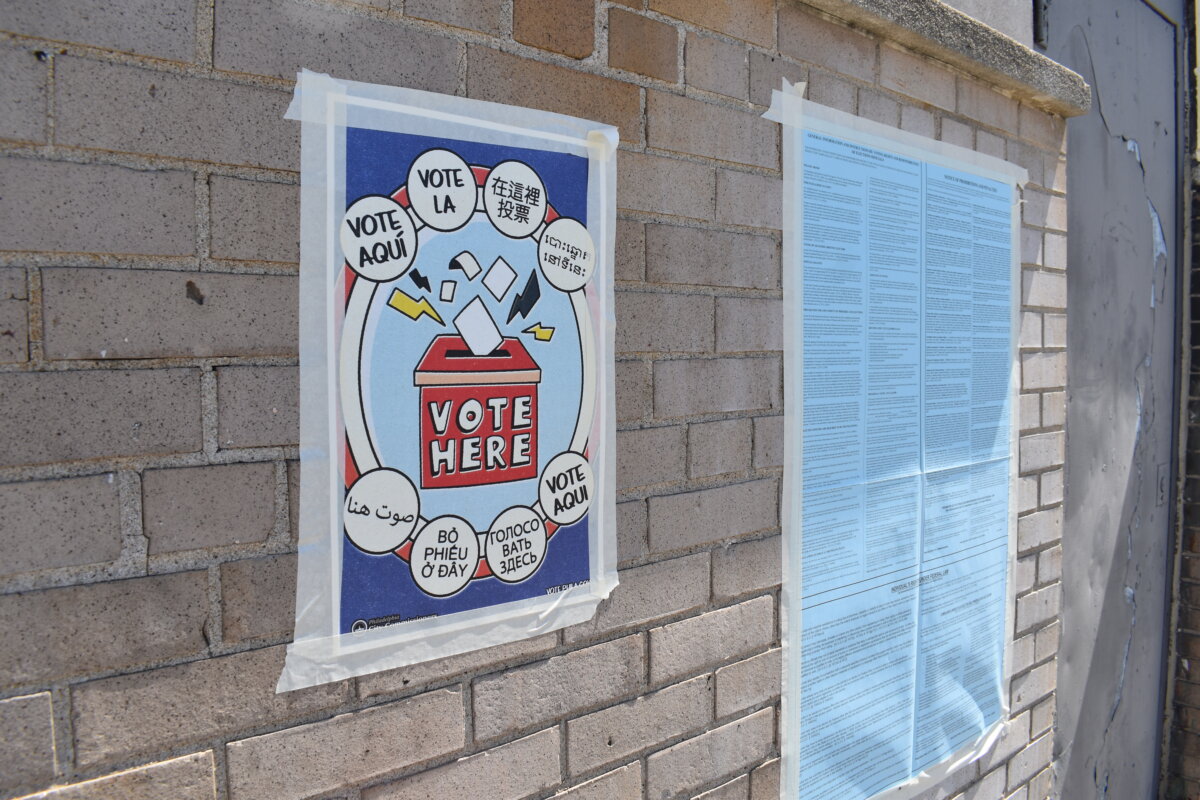You’ve sent out what feels like thousands of resumés and finally a callback asking for an interview! No big deal. Wear some clean clothes, walk in and explain to them why you’re the perfect person for the job. Sounds easy, right?
Cristina Munoz recently graduated from the international business post-graduate certificate program at Ryerson University’s Chang School of Continuing Education. She came to Canada from Columbia where she was a lawyer.
“While I loved the legal profession, I didn’t want to go back to school for three years here in Canada,” she says. “Getting started on the job search all over again is a bit nerve-racking, but I am looking forward to the possibilities and I hope to find something soon.”
Through the post-graduate program at the Chang School, she was able to choose a career path utilizing her research and analytical skills, but which also provided a new challenge. However, she’s also back at the beginning, interviewing for jobs in a new country.
Last week, Bonnie Gross, president of SpeechScience and Speech Language Pathologist, gave us a few tips on how to pull off the interview. This week, she continues with some fine tuning to help people like Munoz.
“It’s important to go into the interview knowing exactly what you want the interviewer to know about you when you leave. Have something prepared for the ‘Tell me about yourself question’ that is interesting, memorable and also relevant to the job you are being interviewed for,” says Gross.
The four questions she says one must prepare for in every interview are; Why do you want to work for us? What are your strengths and weaknesses? Where do you see yourself in two years? Five years? Do you have any questions?
Being able to answer those in an honest, intelligent and memorable way will make a difference.
Munoz admits she has been caught off guard and blanked in an interview before.
Now, she has learned if it is a technical question she doesn’t know the answer she admits to the interviewer that she doesn’t know, but will get back to them. “I also try to draw on similar experiences that may be relevant to the question.”
Usually, nerves cause the most mistakes.
“During most interviews, the job candidate is nervous — this can lead to giving answers to unexpected questions too hastily,” says Gross. “Answer all questions honestly, directly and with enthusiasm. Take a moment to think through your answer before giving it.”
Another common mistake is mumbling answers or racing through them.
“Many job seekers make the mistake of … rambling on about irrelevant details in the interview. This only confuses the interviewer,” she Gross.
“Mumbling or speaking too quietly makes it difficult for the interviewer to follow what you’re saying. Talking too fast makes speech sound cluttered and often results in mispronounced words, which can sound unprofessional. It’s important to identify and correct bad speech habits like ‘ums’ and ‘errs’ or overuse of words such as ‘like.’”
















